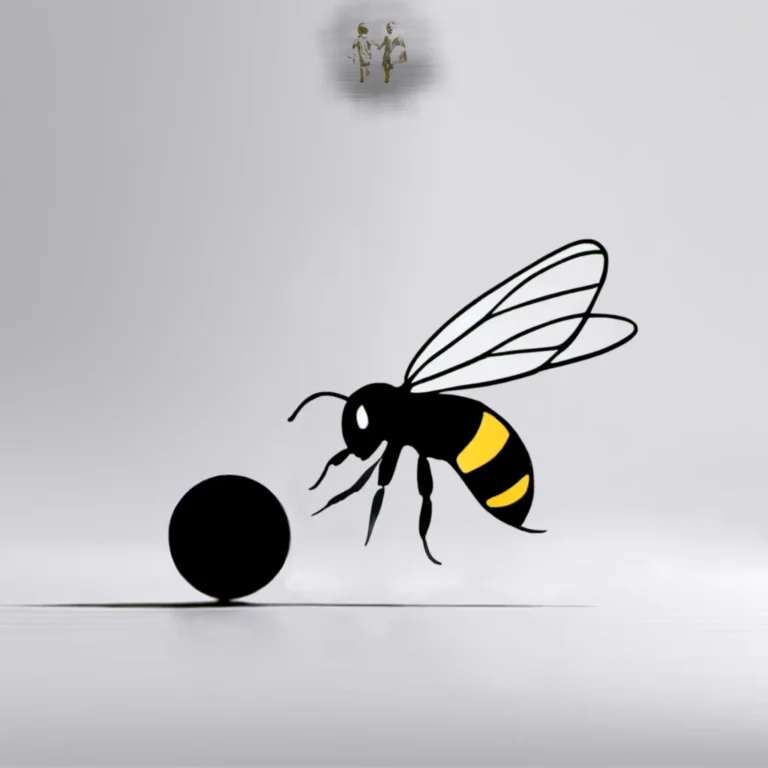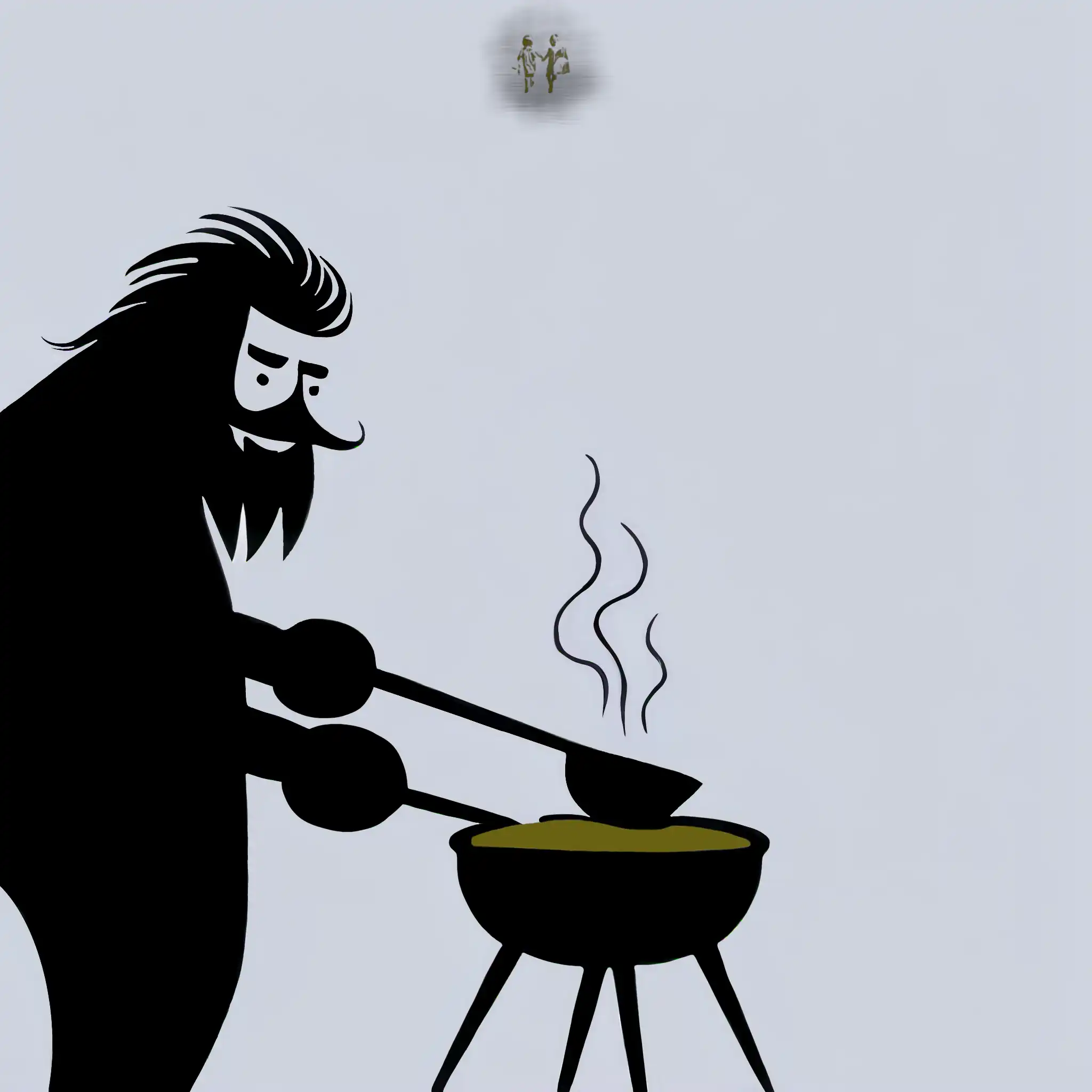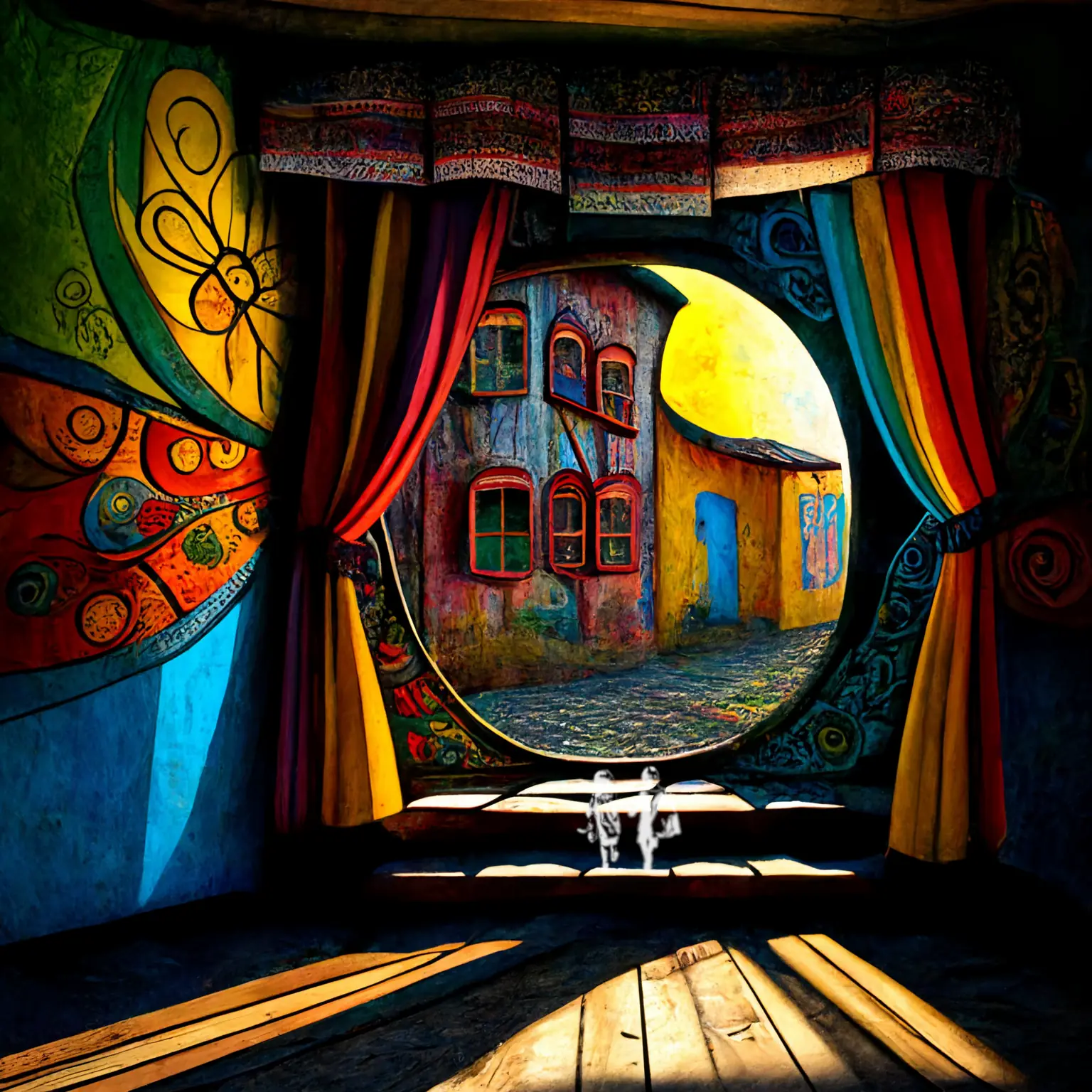
Echoes: Bees At Play
I knew a girl who used to love to ask the question:
“Why does a bee hum?”
She was neither expecting an answer, nor requiring one, and so she afforded no time for a response. Without hesitation, she always replied:
“Because it can.”
The simple joy in the moment that this question and answer routine provided her was always evident, and gently inspiring. It was hopeful, happy and playful.
To be clear, she was more specifically a woman and not a girl, but I think that was, for her, the point of the exercise. Every time she did this, it was a reminder that somewhere inside was still a girl wondering. And a way of making sure that girl remained a companion and a friend, remained the source of something profoundly simple. A reminder of play.
I came across a study which shows bumblebees exhibiting play behaviour. It’s impossible to consider the evidence they provide and conclude anything else — the bees are playing. This is in line with other research that is beginning to consider the possibility that insects may experience, among other things, positive feelings.
In the experiment, the bees, without incentive, went out of their way to roll balls. (It also seems like younger bees are more inclined than older bees to roll the balls; which is in line with every study ever performed at your grandma’s house.)
The researchers set up the experiments in a way that removed any concerns that the bees may be rolling the balls for any reason other than play. This meant there was no reinforcement of the behaviour of rolling the balls. There was no food, no job to perform, no mating considerations. The experiments were conducted under stress free conditions. The rolling of the balls was, on the surface, pointless. The bees, given a choice to roll or not to roll, chose to roll as its own reward.
Much evidence exists that young mammals and birds play just for the pleasure of playing, but it’s becoming increasingly clear that smaller creatures also exhibit this behaviour. (Would play then be a part of, or a result of, sentience?)
What is the purpose of play in our existence? It’s clearly a thing we never grow beyond. Unless you are the most deeply rooted curmudgeon, Scrooge levels of broken, you enjoy some level of play throughout your life.
An argument could be made that there’s a sense of play behind everything that we do, that it’s an imperative. Would we discover anything without the sense of play cultivated early in our growth? Scientific, philosophical, spiritual, physical, mechanical advancements — they all come from some form of play initially.
They are born from the sense of experimenting with something, of trying to push the boundaries, of doing something just for the sake of doing it to see what happens next.
What happens when we push the ball?
Where would we be without that sense of exploration, that sense of playing to discover the next thing. Maybe it’s behind everything; so why wouldn’t an insect have that sense embedded in them too?
Encoded in us right from the beginning, right from our single cell origins to our complex human present, the simple imperative to find out what happens when I do this thing. Far more rewarding than doing nothing.
Reading this study the first time, I was struck by the idea that they are just playing, that there is no quantifiable reason for it. They are doing what they are meant to do. In our rush to be distracted, we are losing our sense of play. Replacing it with images and sounds that are designed to dull us through the day, designed for us to choose not to play.
It’s unlikely that the bees will go on to write a poem, or build a house, or dream of living on another planet, but they don’t need to. Because in the moment they are fulfilling an inherent desire, the desire to see what happens next.
I think that’s what it was for the woman I knew; it was the sense of joy, the sense of play, the feeling that something would happen next.
You just had to know: because they can.

it’s your life
you understand








